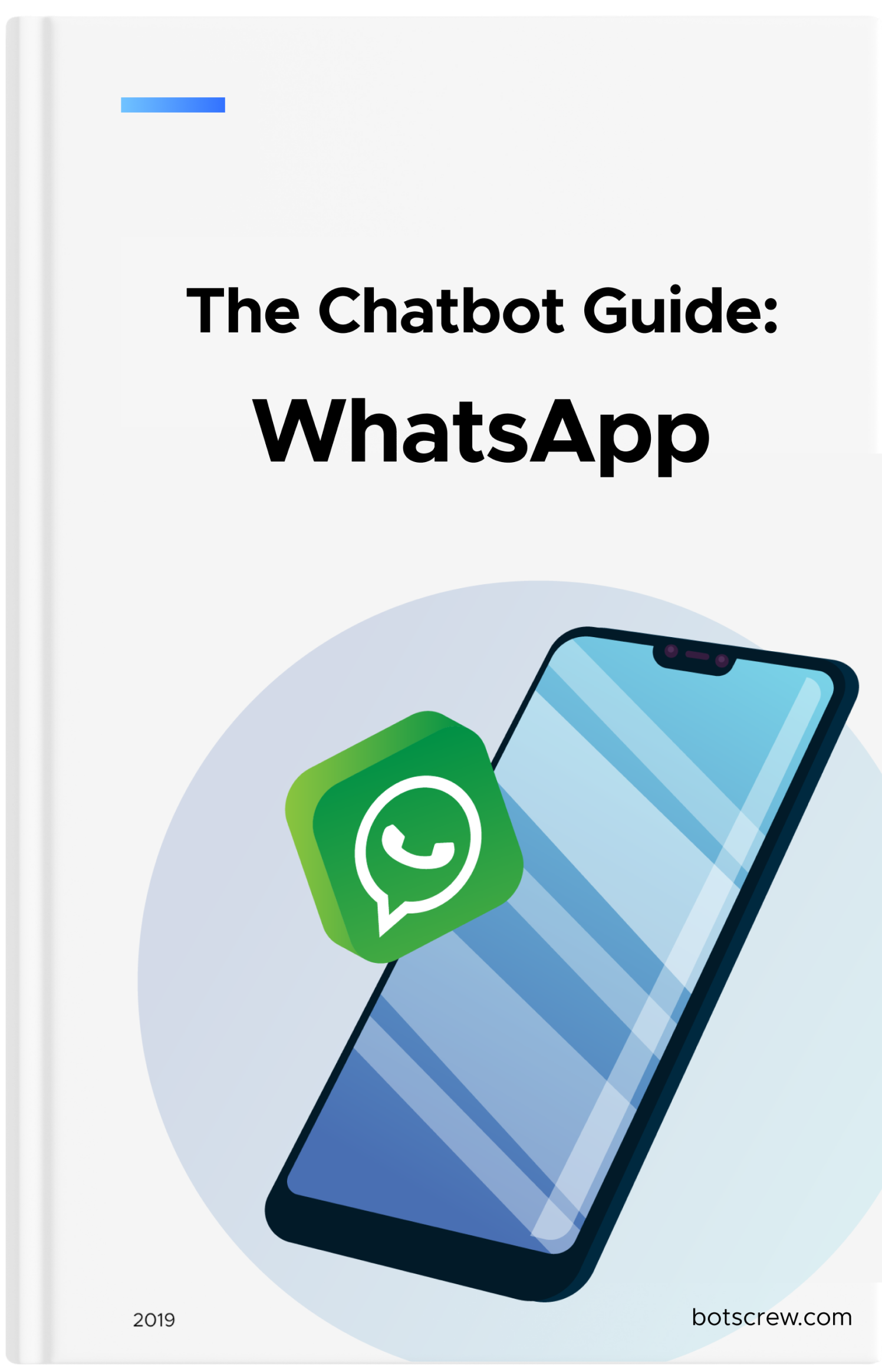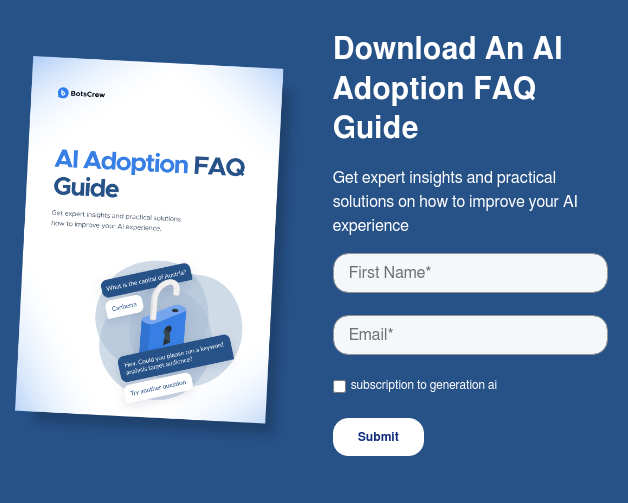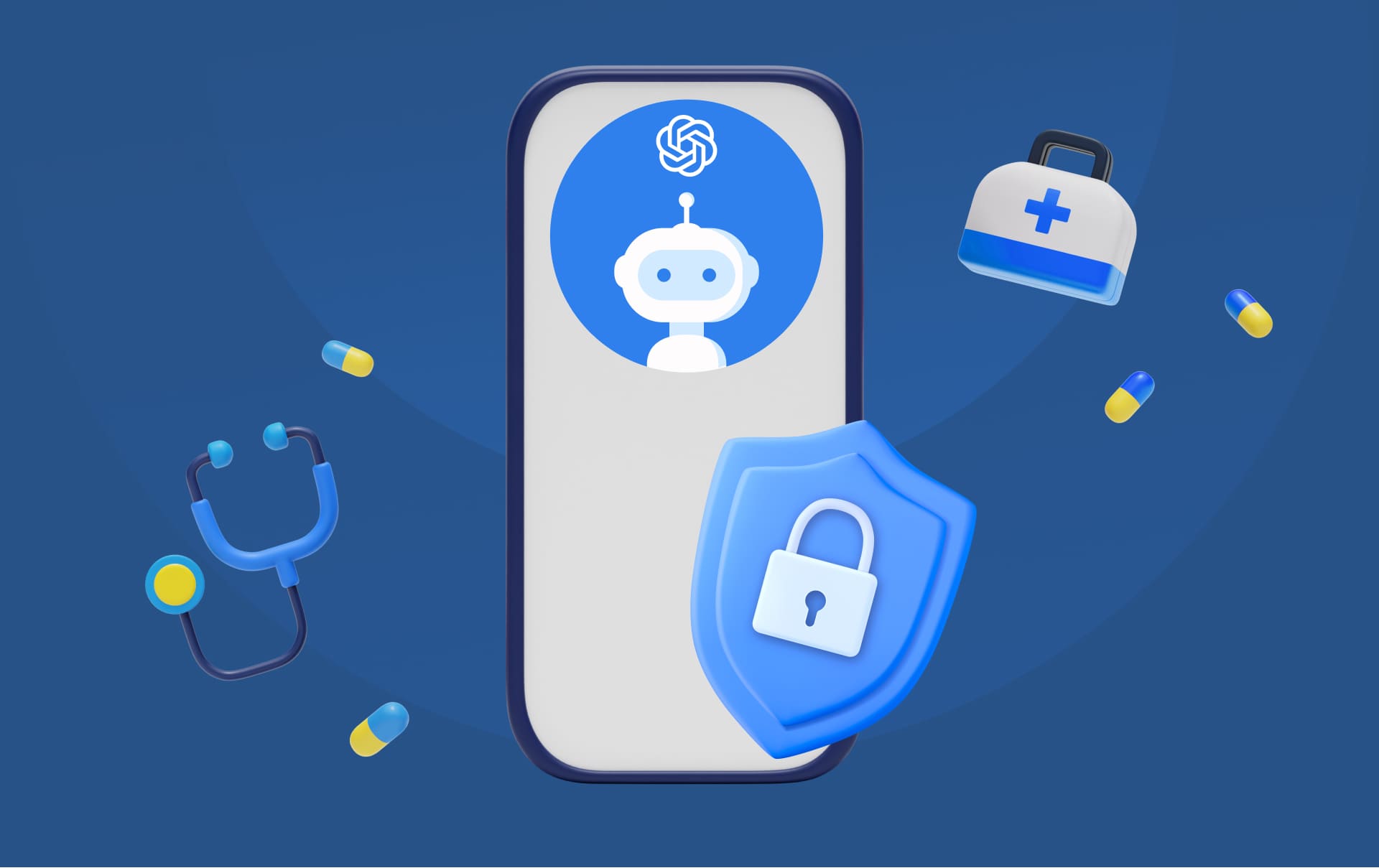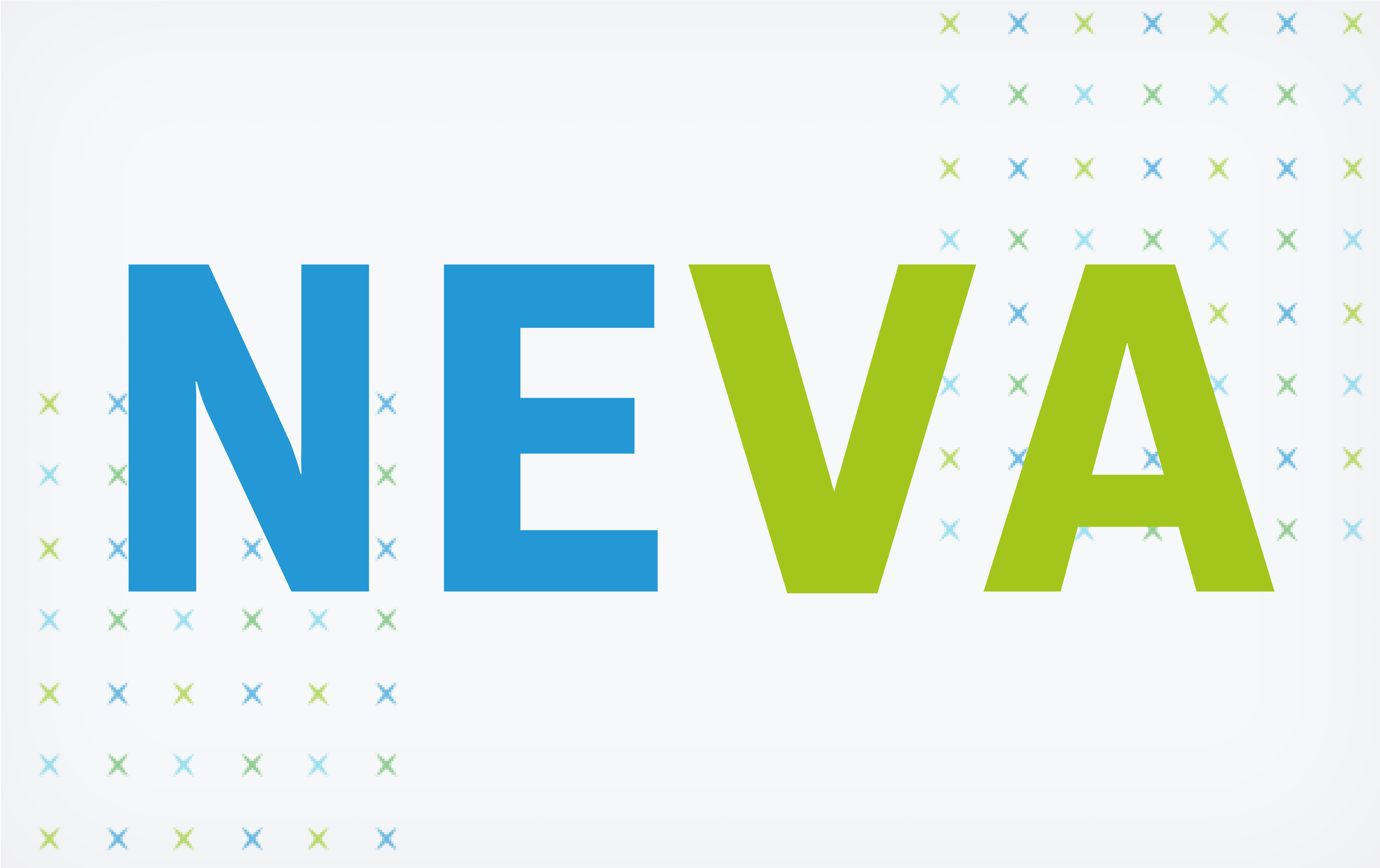Generative AI Use Cases in Healthcare: How AI Can Solve Cost & Compliance Challenges
Generative AI makes waves in healthcare, from fast-tracking diagnoses to uncovering breakthrough treatments. It sharpens disease detection with advanced imaging analysis and accelerates drug discovery. Explore the top generative AI use cases in healthcare, the benefits of generative AI in healthcare, the roadblocks to implementation, and strategies to overcome them.
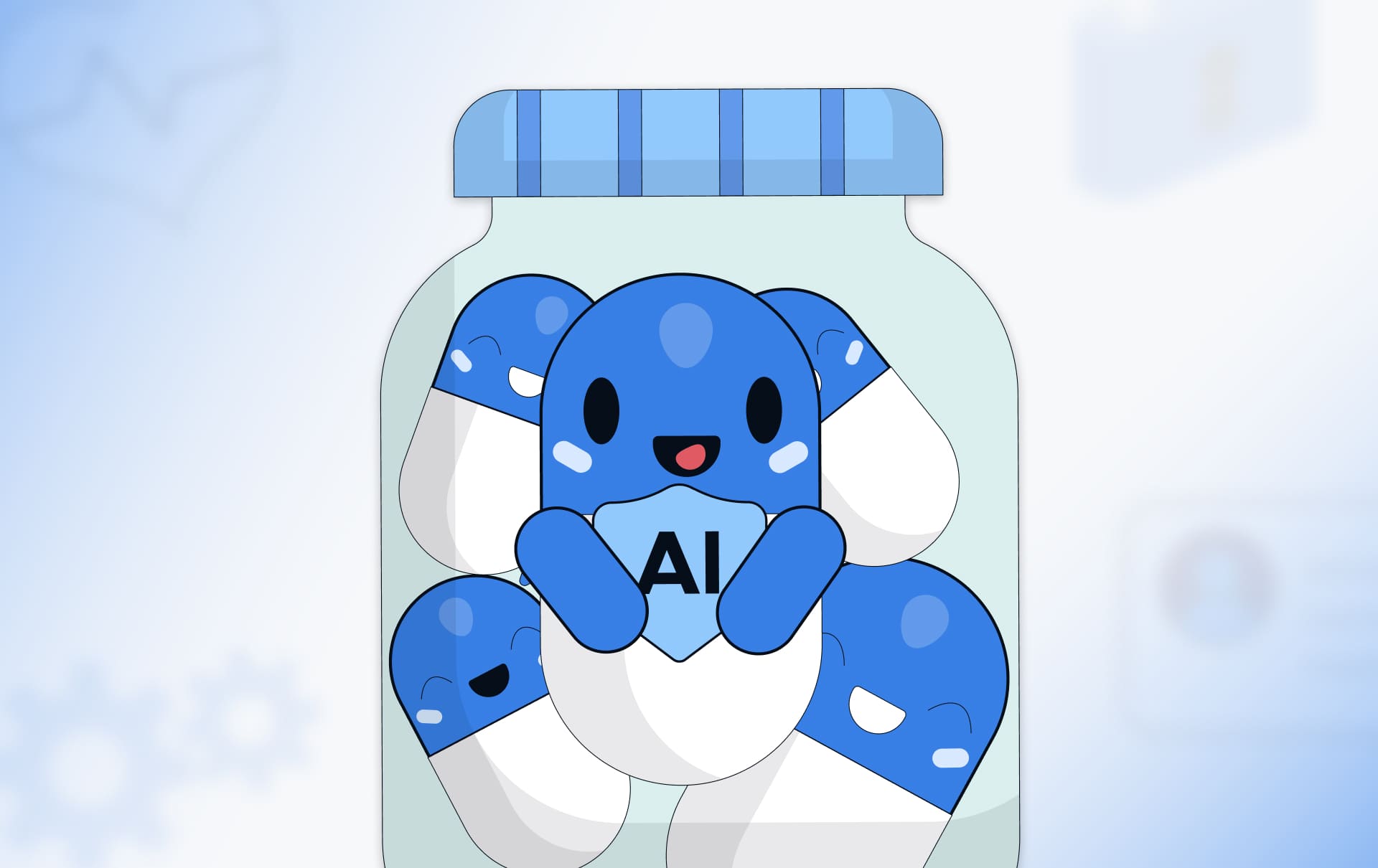
Healthcare is at a tipping point, caught between skyrocketing costs, mounting inefficiencies, and a critical shortage of skilled professionals. The World Health Organization warns that by 2030, the industry will be short 10 million healthcare workers — a gap that won't be easy to fill. Meanwhile, the price tag for care keeps climbing, with red tape and bureaucracy eating up as much as 30% of total spending, draining anywhere from $285 billion to $570 billion a year.

Beyond operational hurdles, healthcare providers are drowning in data — nearly 80% of it remains unstructured, making it challenging to extract meaningful insights that could drive better patient outcomes. Regulatory compliance adds another layer of complexity. Navigating regulations like HIPAA and GDPR is no small feat, and the stakes are high — average cost of healthcare data breach was nearly $10M in 2024.
This article dives into generative AI use cases in healthcare, how gen AI can tackle healthcare's biggest pain points, the challenges to adoption, and the strategies to overcome them.
This article is for you if:
✅ You're buried in unstructured data, spending more time organizing than analyzing to make informed decisions.
✅ Rising operational costs and administrative inefficiencies are draining your budget and staff time, leaving little for patient care or innovation.
✅ You're searching for ways to speed up trials and discover breakthrough compounds without breaking the bank.
✅ You're concerned about compliance and data security, especially when navigating complex regulations like HIPAA and GDPR.
✅ You're committed to creating a more efficient, cost-effective healthcare environment and want to leverage the latest in AI technology but unsure how to start integrating AI into your workflows and demonstrate the long-term ROI.
The Pressing Challenges of Modern Healthcare (And What Does AI Have to Do With It)
Soaring costs, stretched-thin systems, and inefficiencies — these are the tough wild healthcare is trying to crack. But generative AI for healthcare is here to lend a hand.
#1. Increasing Costs of Healthcare Delivery & Inefficiencies in Administrative Processes
Administrative tasks consume up to 30% of healthcare costs in the US alone, according to a study published in Health Affairs. Processes like appointment scheduling, claims management, and patient recordkeeping are often manual and prone to errors, leading to delays, higher operational costs, and staff burnout.
📝 How generative AI for healthcare addresses these problems: gen AI can process and summarize vast amounts of data from patient encounters, automatically generating accurate clinical notes. This reduces the time physicians spend on paperwork, allowing them to focus more on patient care.
Moreover, AI-powered systems can analyze claims data, flag inconsistencies, and ensure compliance with insurance requirements. This minimizes rejected claims and accelerates reimbursements. Modern healthcare claims solutions leverage AI to optimize this process, making it more efficient and reliable. In fact, 73% of healthcare admin tasks could be automated by AI, according to Insider Intelligence.
#2. High Costs of Drug Development and Clinical Trials
Developing a single drug can cost upwards of $2.6 billion and take more than a decade, as reported by the Tufts Center for the Study of Drug Development. The complexity of clinical trial design, participant recruitment, and data analysis significantly contributes to these costs. Therefore, pharmaceutical companies need faster, data-driven solutions to streamline drug discovery and trial processes, reducing costs and time-to-market.
📝 How generative AI for healthcare addresses these problems: generative AI algorithms can design and simulate new drug molecules by predicting their interactions with target proteins, significantly shortening the drug discovery phase.
AI can also optimize patient recruitment as well as automate patient screening and eligibility checks. AI-powered virtual assistants can pre-screen potential trial participants, collecting medical history, symptoms, and demographic data to determine if they meet trial requirements — reducing the burden on clinical teams. These advancements are increasingly integrated into healthcare mobile application development to enhance accessibility and efficiency in clinical research processes.
#3. Data Overload and Complexity
Healthcare systems generate 137 terabytes of data every day (over 2,000 exabytes of data annually), yet 80% of this data remains unstructured. Analyzing this overwhelming volume of information is a significant challenge for clinicians. Furthermore, fragmented datasets make it difficult to identify trends or predict patient needs. This limits the ability to deliver personalized care or make informed decisions.
📝 How generative AI for healthcare addresses these problems: gen AI analyzes patient data from EHRs, wearable devices, and lab results to provide clinicians with actionable insights for diagnosis and treatment planning.
Mayo Clinic has integrated generative AI into its electronic health records (EHR) system to analyze vast amounts of unstructured patient data, including doctor's notes, imaging reports, and test results. The AI helps identify patterns, flag potential health risks, and suggest personalized treatment options based on a patient’s unique medical history.
For instance, in cardiology, the AI model scans ECG data and detects early signs of heart disease that might be missed in routine checks. It provides clinicians with risk scores and predictive insights, allowing them to intervene earlier and improve patient outcomes.
*2,000 exabytes is a tremendous amount of data. To put it in perspective, imagine if every person on Earth (about 8 billion people) took a picture with a smartphone every day for a year. The total data from those photos would amount to only about 0.1 exabyte. So, 2,000 exabytes would be like storing a billion years’ worth of daily images from everyone on Earth.
#4. Regulatory and Compliance Burdens
Healthcare data is a prime target for cyberattacks, with breaches exposing millions of records. In 2024, the healthcare sector experienced a significant increase in data breaches, with over 183 million patient records exposed — a 9% rise from 168 million in 2023.
Furthermore, businesses should ensure compliance with data protection laws. Regulations such as HIPAA and GDPR demand rigorous data handling practices, and failing to comply can lead to hefty fines and legal liabilities, with penalties for violations reaching up to $1.5 million per year.
📝 How generative AI for healthcare addresses these problems: Healthcare generative AI strengthens cybersecurity by detecting threats in real-time, identifying anomalies, and automating incident response to minimize breaches. It also enhances compliance by streamlining data management, and ensuring adherence to regulations like HIPAA and GDPR through automated monitoring, encryption, and audit trails.

Generative AI Use Cases in Healthcare: Need to Automate Calls or Offer AI-Powered Mental Support? Easy!
A physician reviewing hundreds of patient charts each week spends more time navigating data than delivering care. A hospital administrator drowns in paperwork, slowing down critical decision-making. Generative AI in healthcare with examples in various applications is stepping in to change the game. This is where artificial intelligence has the most significant impact.
Enhancing Medical Imaging, Diagnostics & Testing Results
Generative AI is revolutionizing disease detection by analyzing medical images with unparalleled speed and accuracy. For instance, AI models can scan X-rays, MRIs, and CT scans to identify tumors, fractures, or signs of stroke faster than traditional methods. This reduces diagnostic delays and helps radiologists focus on complex cases, ultimately improving patient outcomes.
AI is also revolutionizing the interpretation of test results, diving deep into DNA analysis to uncover genetic insights like never before.
We've been reached out by a global leader in DNA testing. They faced a challenge: how to make genetic testing more accessible while easing the workload of their counselors. We've developed an innovative, AI-powered chatbot that guides patients every step of the way.
Before taking a DNA test, patients can chat with the AI assistant to get the complete picture — what the test involves and how the process works. No more wading through dense medical jargon or second-guessing whether the test is right for them.
Once the results are in, the chatbot steps up again, breaking down complex genetic data into plain English, with no need for an extra appointment. For those who want a deeper dive, scheduling a session with a genetic counselor is just a click away.
Results That Speak for Themselves
✅ 1,000+ chatbot conversations in the first month
✅ 65% of patients got the clarity they needed — no counselor required.
By taking routine questions off counselors' plates, the AI-powered assistant frees up their time for trickier cases, making the entire system more efficient. It is a win-win for both patients and providers!
Partner with experts trusted by healthcare leaders like Natera, Red Cross, DDC, and Moderna. Get a free consultation and prototype to see AI-driven innovation in action.
Personalized Treatment & Precision Medicine
Every patient is unique, and AI can help tailor treatments to individual needs. By analyzing genetic data, lifestyle factors, and medical history, AI can recommend personalized treatment plans with higher success rates.
One standout example of AI-driven personalized treatment is IBM Watson for Oncology. This AI system analyzes a patient's genetic profile, medical history, and lifestyle factors to recommend the most effective cancer treatments.
How It Works:
✅ AI scans vast amounts of medical literature, clinical trials, and patient records in seconds.
✅ It cross-references a patient's tumor genetics with known treatments, identifying the best options.
✅ Oncologists receive tailored treatment recommendations, including drug efficacy predictions and potential side effects.
In Thailand's Bumrungrad International Hospital, Watson for Oncology helped doctors recommend personalized cancer treatments for over 1,000 patients, improving accuracy and treatment efficiency. Similar AI models are now being used worldwide to match patients with targeted therapies, reducing trial and error in cancer care.
Automating Phone Calls
Managing high call volumes, handling repetitive inquiries, and ensuring personalized customer service has long been a challenge for businesses. Traditional IVR (Interactive Voice Response) systems often lead to frustration, while human agents struggle with efficiency.
Unlike rigid, pre-programmed IVR systems, AI-driven voice agents understand natural language, detect intent, and adapt conversations in real-time. These AI-powered systems can:
- Handle routine inquiries: answer FAQs, process appointments, and more without human intervention.
- Engage in two-way conversations: understand context, clarify details, and respond dynamically like a human agent.
- Reduce wait times: instantly pick up calls, eliminating the frustration of holding music and long queues.
- Escalate complex cases: seamlessly transfer calls to human agents when advanced assistance is needed.

One of our clients, the world's top genetic testing labs, found itself drowning in customer inquiries. With a team of 38 customer service reps handling an ever-growing flood of calls, keeping up with demand was like trying to drink from a firehose.
Their growing pains included 25,000–30,000 calls per month, overwhelming the support team; no 24/7 support, customers stuck waiting days for responses; company growing 25–30% annually — and so were customer service requests; 35% of calls went unanswered, leaving frustrated customers in the dark. With an average 3-minute wait time on Thursdays and Fridays — which spiked even higher after weekends and holidays — it was clear that something had to change.
Since most inquiries were repetitive pre- and post-sales questions, we built an AI-powered website chatbot to handle the most time-consuming customer queries. This virtual assistant could:
✅ Answer questions about test status, payments, and order tracking
✅ Troubleshoot technical issues and website navigation
✅ Schedule appointments and register barcodes.
Results That Speak for Themselves
📆 1st Month
4,023 users interacted with the chatbot
15% of requests are automated.
📆 1 Year Later
125,300 users engaged
25% of customer service requests are automated
$131,149 in savings.
Virtual Health Assistants & Patient Engagement
Gone are the days of long hold times and limited office hours. AI-driven chatbots and virtual assistants are revolutionizing patient engagement, providing instant responses to health inquiries, scheduling appointments, and even guiding patients through post-treatment care. By answering common questions, these AI assistants lighten the load on hospital call centers while making healthcare more accessible, anytime, anywhere.
We partnered with a leading healthcare provider to develop an AI-powered, chat-based digital health assistant on Facebook Messenger. Designed to support psoriasis patients, this virtual assistant combines technology, data, and human insight to deliver personalized health information on disease management and lifestyle adjustments.
The Results (1 Year In):
✅ 16,058 users engaged
✅ 1,427 repeat users
✅ 68,981 messages sent — a testament to its impact and usability.
AI-Powered Mental Health Therapy
Healthcare generative AI is being used to create personalized mental health support tools, from AI-driven chatbots offering cognitive behavioral therapy (CBT) to virtual therapists that provide real-time emotional support. These solutions help bridge the gap in mental healthcare accessibility, offering 24/7 assistance to patients who might not have immediate access to human therapists.
A notable real-world example of AI-powered mental health support is Woebot, an AI-driven chatbot that offers Cognitive Behavioral Therapy (CBT) techniques to users. Woebot engages in text-based conversations, helping individuals manage mental health challenges by providing tools and strategies to cope with issues like anxiety and depression. Available 24/7, it serves as an accessible resource for those who may not have immediate access to human therapists.
Additionally, Troomi Wireless has integrated a mental-health chatbot named Troodi into its child-focused smartphones. Troodi is designed to provide emotional support and advice on stress management and conflict resolution, offering children a safe space to share their anxieties and manage stress.
Parents can monitor chat logs and emotional states, receiving alerts for any signs of self-harm. While not a replacement for human therapists, Troodi facilitates conversations that children may sometimes hesitate to have with their parents, supplementing the support system and family interactions.
AI-Generated Clinical Trial Protocols
Clinical trials are often slow and costly due to inefficient protocol design. In fact, 80% of all clinical trials fail to meet enrollment timelines, causing up to $8 million in lost revenue per day due to delayed FDA approval and market readiness.
Generative AI can analyze past trial data to generate optimized trial designs, predicting the best patient recruitment strategies, dosage schedules, and endpoints. This leads to faster, more cost-effective trials with improved success rates.
We partnered with a leading healthcare company to streamline the recruitment process for chronic urticaria (CIU) clinical trials, which required 2,000 eligible patients to complete 19 site visits over 68 weeks.
To accelerate patient enrollment, we designed a multi-channel strategy:
✅ Targeted Facebook Ads — Reaching potential participants based on location, age, and relevant intent data.
✅ A Chatbot Screening — Educating users about trial conditions and asking pre-programmed questions to assess eligibility.
✅ Seamless Referral Process — Eligible patients were directly connected to a clinical trial center for next steps.
Results That Speak for Themselves
- 2,000 trial-qualified patients recruited
- AI-driven automation significantly reduced manual screening efforts
- Faster enrollment with a streamlined and data-driven approach.
Discover how NEVA, our Genetic Testing Chatbot for Natera Inc., achieved 4,000+ chats and an 80%+ completion rate for a global leader in cell-free DNA testing.
AI-Driven Personalized Nutrition & Gut Health Optimization
AI can analyze an individual's microbiome and genetic data to generate personalized dietary recommendations, improving digestion, metabolism, and disease prevention. Some startups already use AI to create custom probiotics and meal plans tailored to an individual's gut health.
In partnership with the world's most accurate food analyzer, we helped introduce an AI-powered chatbot inside the app, providing users with a personalized, 24/7 nutritionist experience. The goal was to empower users with tailored meal suggestions based on their specific dietary needs while minimizing the burden of frequently asked questions on human nutritionists.
The chatbot offers a range of powerful features to deliver personalized support:
✅ Customized recipe suggestions — Based on users' macro and micronutrient budgets, food preferences, and avoidances, it recommends meals that fit their dietary goals.
✅ Restaurant recommendations — The chatbot suggests nearby restaurants based on the user's location, nutrient needs, and calories budget, helping users make healthy dining choices on the go.
✅ Recipe search — Users can easily search for recipes based on diet, calories, preparation time, and other personalized criteria. Additionally, they can save their favorite recipes for later reference, creating a custom library of meal ideas.
✅ 30 Product- and Diet-Related FAQs — The chatbot answers frequently asked questions, helping users with common dietary queries and saving time for nutritionists.
By integrating this AI-powered solution, the company delivers 24/7 personalized nutrition advice to users, enhancing engagement, promoting healthier eating habits, and automating the answers to most routine queries. This intelligent assistant ensures that users can make informed food choices at any time while also easing the workload on professional nutritionists, allowing them to focus on more complex cases.
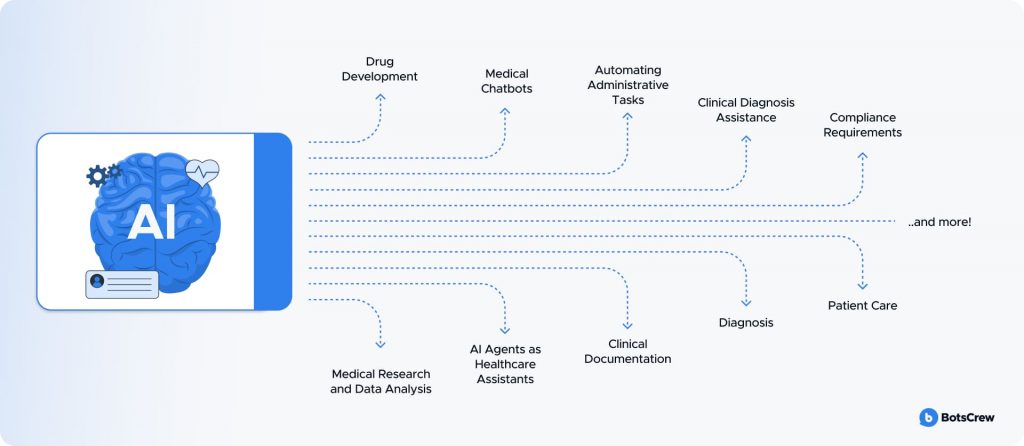
More Generative AI healthcare use cases
How Our Healthcare Generative AI Solutions Can Address These Challenges
We specialize in crafting AI-powered solutions tailored to the healthcare industry's unique challenges, ensuring seamless, secure, and ethical integration into your systems. Whether you want to streamline operations, enhance personalized care, or accelerate research with healthcare generative AI, we are here to support your journey.
Contact us today for a free consultation, and let's innovate responsibly together!




